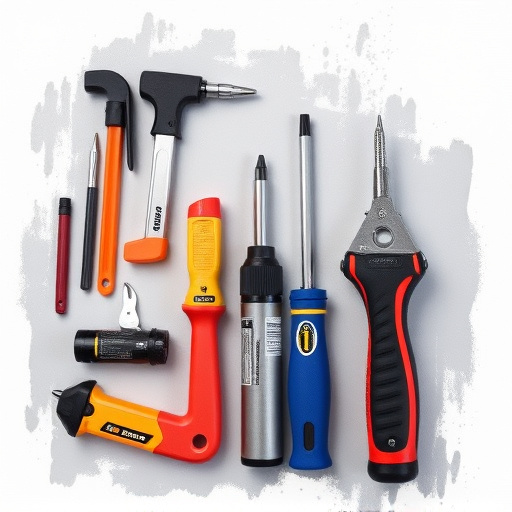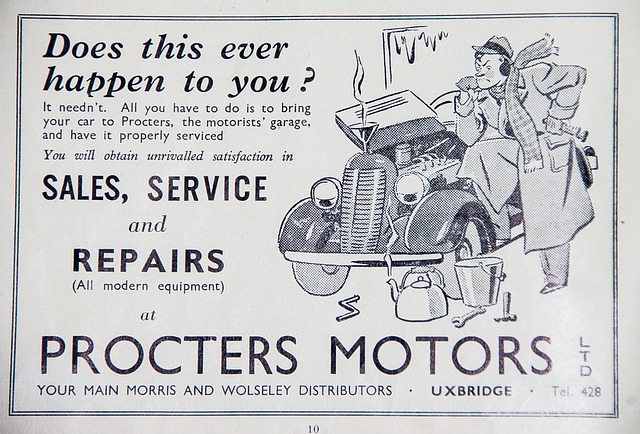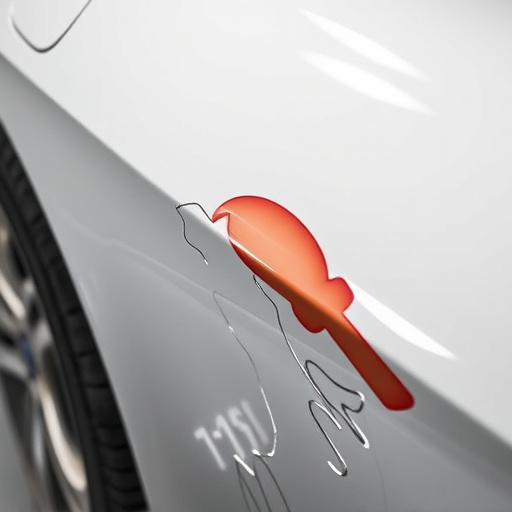The collision claim settlement process assesses damage, determines value, and negotiates compensation for vehicle accidents. Severity, repair costs, vehicle rarity, and liability assessment influence settlement amounts. Fair practices build trust, enhance customer satisfaction, encourage loyalty, and restore peace of mind. These methods improve insurer reputation by demonstrating commitment to clients' best interests.
Collision claim settlements play a pivotal role in the insurance claims process, resolving disputes and facilitating financial compensation for vehicle damages. This article delves into the intricate workings of the collision claim settlement process, exploring key factors that influence settlement amounts and examining the profound impact of fair practices on policyholder satisfaction. By understanding these dynamics, drivers can navigate claims more effectively, ensuring they receive a just resolution.
- Understanding Collision Claim Settlement Process
- Factors Influencing Settlement Amounts in Collisions
- The Impact of Fair Settlement Practices on Policyholders
Understanding Collision Claim Settlement Process

The collision claim settlement process is a crucial aspect of insurance claims management, focusing on resolving disputes between policyholders and insurers following vehicle accidents. It involves several steps that ensure fair compensation for individuals involved in collisions. When a car accident occurs, the first step is to assess the damage to the vehicles, which determines the extent of the collision claim. This initial evaluation plays a pivotal role in guiding the subsequent settlement process.
After the assessment, both parties negotiate to reach an agreement on the value of the claim. This negotiation involves considering various factors, including the cost of automotive body work repairs, auto painting services, and other related expenses. Skilled adjusters facilitate this dialogue, aiming to achieve a mutually acceptable resolution. The goal is to provide adequate compensation for the affected vehicle’s repair or replacement while ensuring the insurance company’s financial interests are protected.
Factors Influencing Settlement Amounts in Collisions

Several factors play a significant role in determining the settlement amounts for collision claims. Firstly, the severity of the accident is crucial; minor fender benders may result in lower settlements compared to more severe collisions that cause extensive damage to vehicles. The cost of repairs also significantly influences the claim’s outcome. Complex vehicle restoration processes, such as those involved in repairing a Mercedes Benz, can lead to higher settlement amounts due to the specialized skills and parts required.
Additionally, the type of damages incurred is essential. While car body repair for more common models might be relatively straightforward and less expensive, rare or classic vehicles may require extensive restoration, impacting the overall cost and settlement value. Other considerations include liability assessment, where the at-fault party’s insurance company plays a vital role in negotiating a fair settlement based on their policy coverage and the accident’s circumstances.
The Impact of Fair Settlement Practices on Policyholders

Fair settlement practices in collision claim settlements play a pivotal role in fostering trust and satisfaction among policyholders. When insurance companies handle claims with integrity, transparency, and speed, they demonstrate their commitment to serving customers’ best interests. This, in turn, strengthens the relationship between insurers and their policyholders, encouraging open communication and adherence to policies. Policyholders who experience fair treatment during the settlement process are more likely to remain loyal to their insurer, recommend them to others, and be more receptive to additional insurance products.
Moreover, focusing on comprehensive collision claim settlements goes beyond customer retention. It also ensures that policyholders receive adequate compensation for their losses, enabling them to make necessary repairs, such as car restoration, vehicle paint repair, or auto glass replacement. This not only restores their vehicles to pre-accident condition but also minimizes financial strain during what can be a stressful time. As a result, fair settlement practices contribute to the overall satisfaction and peace of mind of policyholders, solidifying the insurance company’s reputation in the market.
Collision claim settlement plays a pivotal role in ensuring fair compensation for policyholders involved in accidents. By understanding the process, factors influencing settlements, and the impact of ethical practices, both insurers and claimants can navigate this intricate landscape more effectively. Ethical and transparent collision claim settlement practices not only build trust but also foster a safer, more accountable insurance ecosystem.













